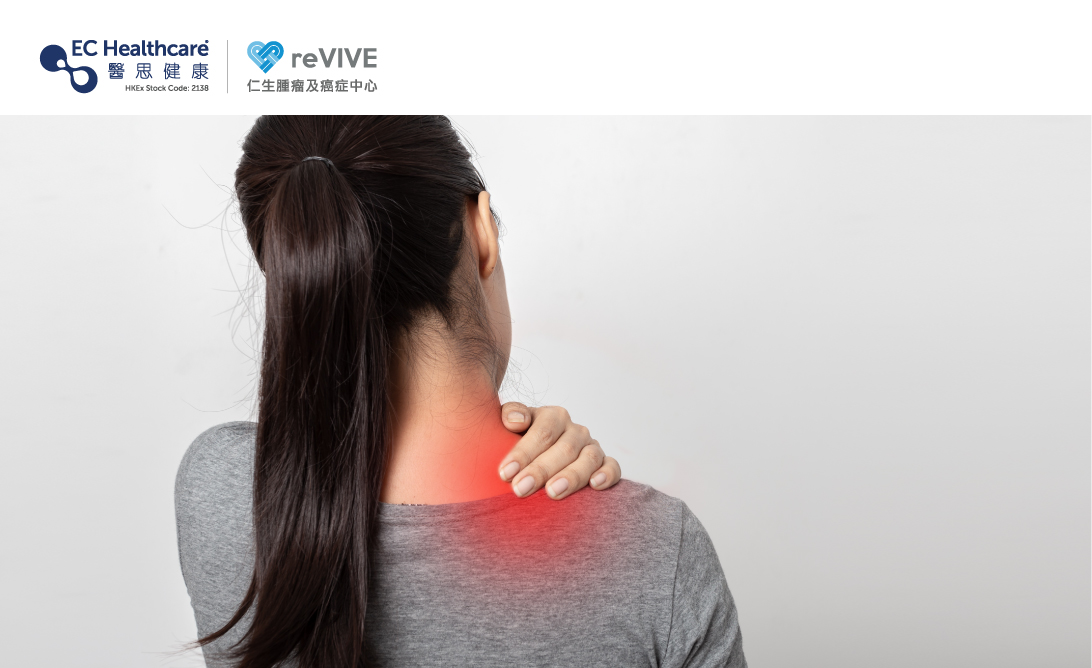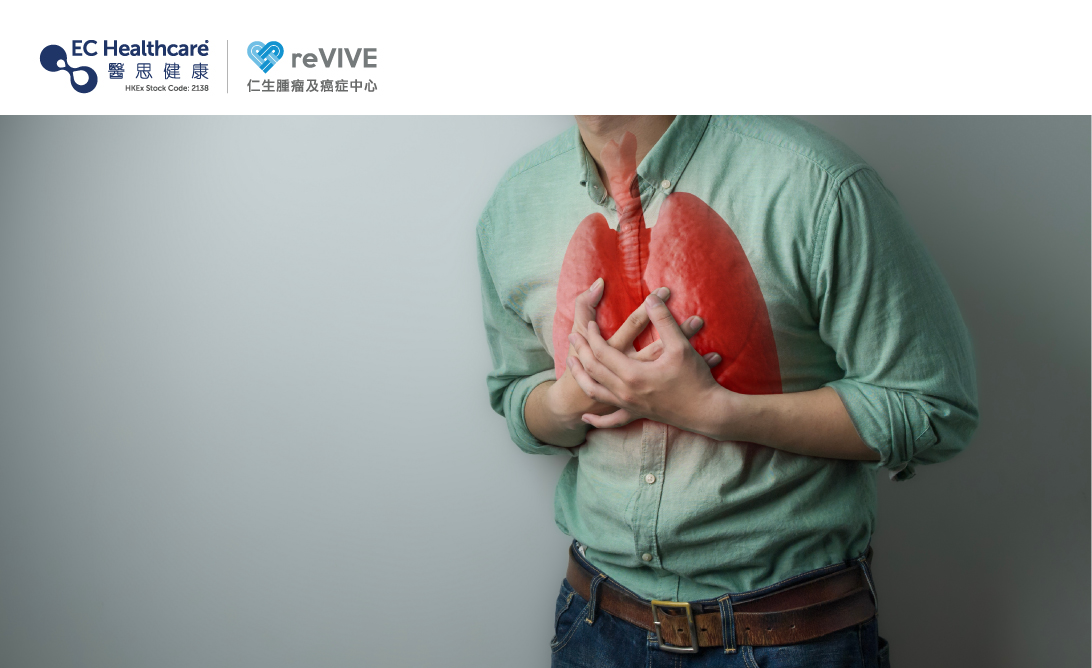Shoulder Pain Leads to Late-stage Lung Cancer Diagnosis! Early Screening Reduces Death Risk by 20%


Lung cancer ranks among the most prevalent cancers in Hong Kong, with smokers and individuals aged 50 and above falling into the high-risk category. Let's take the case of Mr. Ng, a 60-year-old man who initially sought medical attention for left shoulder pain. Following a computer scan, he received the devastating news of being diagnosed with stage 4 lung cancer, with a survival rate of only 7.8%.

Thought It Was a Frozen Shoulder, But Ended Up with Cancer Diagnosis
Mr. Ng, a healthy and non-smoking individual with a disciplined lifestyle, never experienced any respiratory discomfort and even underwent annual company health check-ups. However, towards the end of 2022, he was taken aback by intense left shoulder pain. Initially attributing it to a common condition called frozen shoulder, he sought medical advice from an orthopedic specialist at the hospital.
After undergoing a magnetic resonance imaging (MRI) scan, imaging experts discovered an abnormal pathological fracture in Mr. Ng's left arm, prompting further confirmation through a positron emission tomography-computed tomography (PET-CT) scan. Ultimately, a tumor was detected in the upper lobe of his right lung, which had spread to the pleura, ribs, and hip bone. Tissue analysis confirmed stage 4 lung adenocarcinoma, a type of non-small cell lung cancer. The pain in Mr. Ng's left arm was attributed to the cancer cells infiltrating and eroding the bone.
Though diagnosed with advanced lung cancer, all hope was not lost. Following the hospital's recommendation, Mr. Ng first received treatment for his arm fracture. Subsequently, he underwent two weeks of radiation therapy to eliminate the cancer cells, followed by over a year of targeted therapy to suppress the cancer cells. Currently, Mr. Ng lives in coexistence with cancer, showing no signs of recurrence. His cancer markers are comparable to those of a normal individual, requiring only regular follow-up visits and blood tests to monitor his cancer markers.
Early Screening Reduces Lung Cancer Mortality Risk by 20%
Oncologists emphasize that individuals with a history of lung disease, genetic predisposition, exposure to air pollution, secondhand smoke, and carcinogens such as asbestos, nickel, and uranium face an increased risk of developing lung cancer. Early-stage lung cancer often presents no symptoms, and nearly 70% of patients seek medical attention only when symptoms arise, placing them in the advanced stages of the disease. However, early detection significantly improves survival rates. The 5-year relative survival rate for stage 1 lung cancer patients is 72.4%, whereas for stages 2 to 4, it drops below 50%, with rates of 45.4% for stage 2, 24.6% for stage 3, and 7.8% for stage 4¹.
Traditional lung cancer screening relied on X-ray examinations, but their low sensitivity to cancerous cells and compromised image resolution often resulted in misdiagnosis. Nowadays, many countries worldwide, including Singapore, Taiwan, and Europe, have adopted low-dose computed tomography (LDCT) scans as the primary tool for early screening. LDCT scans utilize low radiation doses to detect minute cancerous lesions in the lungs, enhancing imaging accuracy and enabling doctors to develop appropriate treatment plans. In countries where LDCT screening has been implemented, the mortality rate among high-risk individuals has decreased by 20% to 25%.
Disclaimer: This article is prepared by an independent third party and is not sponsored. The content provided is solely for informational purposes and should not be considered a substitute for professional medical advice, diagnosis, or treatment. It does not represent any specific viewpoint. In the event of any discomfort or health issues, it is advised to seek medical attention promptly.
¹ Data from the Hong Kong Cancer Registry









